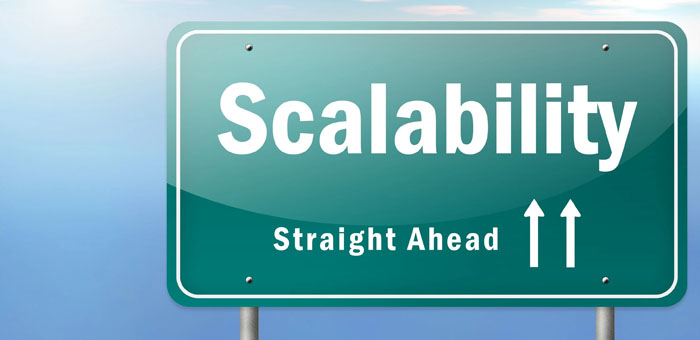The phrase scalability in the business world is a common discussion point. If you’ve ever watched an episode of Shark Tank you’ve seen the sharks ask the entrepreneurs, “Is it scalable”. Typically the energy in the room suddenly dies as reality sets in. The entrepreneurs try to provide data to prove their business model is scalable. As I usually do, I try to spin the discussion into one relating to the mobile food industry and I usually come up with my own question. So does food truck scalabilty really matter?
Does Food Truck Scalablity Matter To You
I’m sure many of you have struggled with idea of food truck scalability when working on your business plan. Let me put your mind to rest with another question.
Does every food truck owner really want to be the next McDonalds?
According to the IBIS World the trends show an increase in food truck businesses:
- Nearly 5,000 food truck vendors in the United States account for 1.2 Billon dollars in U.S. sales
- Industry revenues have increased 12.4% annually over the last 5 years
I think the words often written here at Mobile Cuisine say it all: The Food Truck Industry is BIG business!
The food truck industry is growing rapidly. While the corporate restaurant sector in the United States has been “downsizing”, the rate of food truck business, and the rate of food truck failures has declined.
So why is food truck scalability a crucial component of a food truck business model?
In reality, it’s not, but the answer ultimately depends on the perspective of the vendor. A food truck business is less dependent on the financial and legal community. They tend to be self-funded, privately held and less likely to sell stock or go public. For these reasons investors, bankers, corporate lawyers and consulting professionals tend to overlook this growing business sector.
I have a different perspective regarding food truck scalability. Scalability is the ability to attract, service and maintain enough customers to provide the amount of income needed to support the vendor’s desired lifestyle. If a food truck owner has the financial desire to be the next Ray Kroc, rather than a small food truck business selling grilled burgers from a truck than big time scalability is required. However, if a vendor’s end goal is to be their own boss, one truck may be scalable enough.
Perhaps the phrase food truck scalability should be redefined to include the “degree of scalability”. Whether you are a college student building a food truck waffle business or a white collar job holder ready to become a culinary entrepreneur, don’t let food truck scalability affect your business plan. Instead, determine if your food truck business model can support your desired financial goals.
If your financial figures suggest there are enough customers, wanting to purchase your menu items, at an amount that will cover cost and leave you with an income that will satisfy your personal financial goals…well then, you have a scalable food truck business.
RELATED: How To Start A Food Truck Business
The Bottom Line
It is also worth mentioning in this food truck scalability discussion that many food trucks that started out without aggressive growth strategies have become some of today’s biggest food truck businesses. So one nobody ever knows where your food truck concept will take you.
Share your thoughts on this topic in the comment section or social media. Facebook | Twitter




